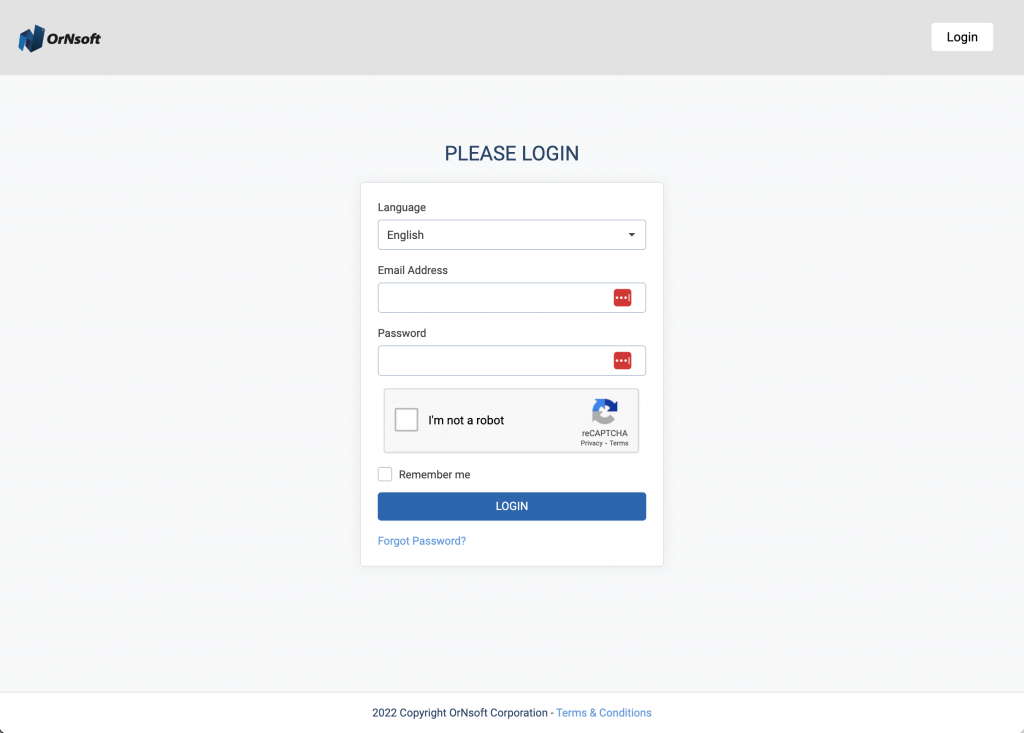In today’s competitive landscape, leveraging AI technologies is more of a necessity than a luxury. However, organizations face ethical and privacy challenges in their quest to harness the power of AI. One of these challenges relates to the legal risk associated with using pre-trained models.
The Pitfall of Pre-trained AI
Due to legal and compliance complexities, companies often can’t simply purchase and use a pre-trained AI model. Although preset models are available, these must be trained using a company’s own data to avoid legal repercussions. This puts businesses in a tough spot, considering the sizable datasets typically required for effective training.
The Dilemma of Large Datasets
Addressing this concern, AI Autopilot from OrNsoft starts with a minimal set of legally acquired documents. It augments this initial dataset by:
- Semantic Augmentation: Replacing annotated fields with synthetic data, enhancing the model’s generalizability while retaining the document’s context.
- Visual Augmentation: Altering the visual attributes of documents, like folding, rotating, or adding noise, to train the model under varied conditions.
Achieving Ethical AI Training
AI Autopilot allows businesses to train their AI models in a responsible manner, sidestepping the risks tied to data privacy and legality. This enables a wider and more ethical adoption of AI technologies across various sectors.
Conclusion
AI Autopilot doesn’t just enable responsible training; it sets a new ethical standard in the AI industry. By overcoming the challenges associated with data privacy and legal considerations, companies can focus more on innovation and operational efficiency.
For more insights, please read our companion articles on Data Acquisition & Annotation Performance and Feedback & Continuous Improvement.
Ready to Experience AI Autopilot?
If the features and ethical considerations of AI Autopilot pique your interest, don’t hesitate to contact us.
Schedule a demo today to explore the future of ethical AI.

